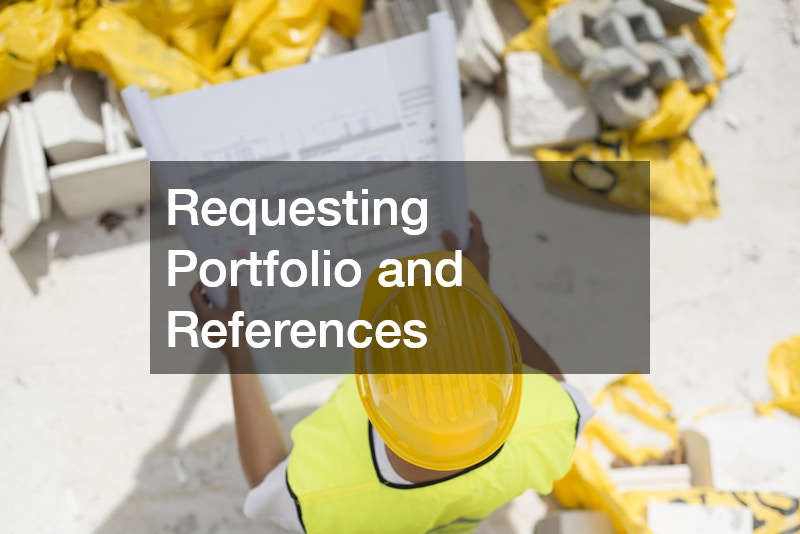Choosing the right roofing contractors is crucial to ensure that your roofing project is executed proficiently and efficiently. Asking the right questions can help you gauge the expertise, reliability, and suitability of a contractor.
This article explores the top questions that should be on your checklist before hiring a roofing professional.
Importance of Licensing
Licensing serves as a critical indicator of a roofing contractor’s commitment to meeting industry standards and regulations. A licensed contractor is more likely to be familiar with building codes and safety regulations, ensuring your project meets legal requirements. By hiring a licensed professional, you minimize the risk of potential legal issues and ensure a higher standard of work.
Additionally, a license signifies that the contractor has passed specific examinations and possesses the necessary knowledge to undertake roofing projects. This qualification should provide you with confidence that the contractor is well-versed in various roofing techniques. Make sure you verify that your contractor has an up-to-date license for your state or region.
Not only does licensing verify knowledge and competence, but it also reflects a contractor’s commitment to ongoing professional development. Many states require continuing education for license renewal, meaning your contractor stays updated on the latest industry advancements. Therefore, checking for proper licensing is the first step in narrowing down your list of potential contractors.
Types of Insurance Required
When considering a roofing contractor, one of the most critical aspects to confirm is their insurance coverage. General liability insurance is essential as it covers damages to your property or belongings during the project. Workers’ compensation is another must-have, protecting you from being held liable for any injuries sustained by workers on your property.
Bonding is another form of insurance that provides protection if the contractor does not complete the project or fails to meet the agreed-upon terms. This financial security layer ensures that you are covered not just physically but financially, in the face of contractor negligence or fraud. Adequate insurance safeguards both you and the contractor from unforeseen liabilities and accidents.
Before hiring, ask to see proof of insurance coverage to ensure all necessary policies are current and active. Being proactive in this area can prevent headaches and financial losses down the line. Strong insurance coverage is an indicator of a contractor’s professionalism and preparedness in handling your project responsibly.
Verifying Documentation
It’s essential to verify the contractor’s licensing and insurance certificates to avoid potential scams or oversights. Request documentation directly from the contractor and check with local licensing boards for official verification. This step will give you confidence that you’re dealing with a qualified and legitimate contractor.
Verifying documents is not just about legality but also about ensuring quality work. Fraudulent contractors are less likely to deliver high-quality results and may leave you with unfinished or subpar work. Conducting this due diligence allows you to make an informed hiring decision and protect your investment.
Requesting Portfolio and References
Requesting a portfolio and references from potential contractors offers a direct window into their capabilities and past successes. Reviewing a contractor’s portfolio will showcase the range and quality of projects they have executed. Solid references provide assurance with testimonials from past clients about their satisfaction with the contractor’s work.
By speaking directly with former clients, you can gain insights into the contractor’s professionalism, punctuality, and communication styles. This feedback can prove invaluable when determining whether the contractor will meet your expectations and requirements. Asking for references sets a standard and shows that you are a discerning client who values proven results.
Portfolios and references are effective tools to discern the contractor’s ability to realize your vision and meet deadlines. This background work can prevent unwelcome surprises and establish trust in the contractor’s claims. Transparency and evidence of past achievements are significant factors in confidently making your final hiring decision.
Handling Unforeseen Delays
Unforeseen delays can often be a part of large-scale projects, and understanding a contractor’s approach to managing them is essential. Inquire about contingency plans and how the contractor intends to deal with issues like weather impacts or supply stoppages. Their response can reveal their ability to navigate challenges without compromising the project.
Planning for delays helps minimize disruptions and allows you to adapt your expectations realistically during the construction process. It’s beneficial to set clear communication protocols for discussing any delays, keeping you informed every step of the way. An effective contractor will have structured policies to manage such situations with minimal impact on project timelines.
Delays can strain finances and resources, making it crucial for contractors to have a strategy to mitigate these impacts. Confirming their approach to potential setbacks reassures you of their crisis management skills. This proactive strategy ensures both parties can anticipate challenges and address them collaboratively for a satisfactory resolution.
In the search for a skilled and reliable roofing contractor, asking these top questions can help secure a safe and successful roofing project. Thorough research and a keen understanding of the contractor’s credentials, experience, and pricing outline are your best tools to make an informed decision. Armed with the right information, you’re better positioned to select a contractor who will uphold high standards and deliver exceptional results, ensuring the longevity and safety of your roof.
.


